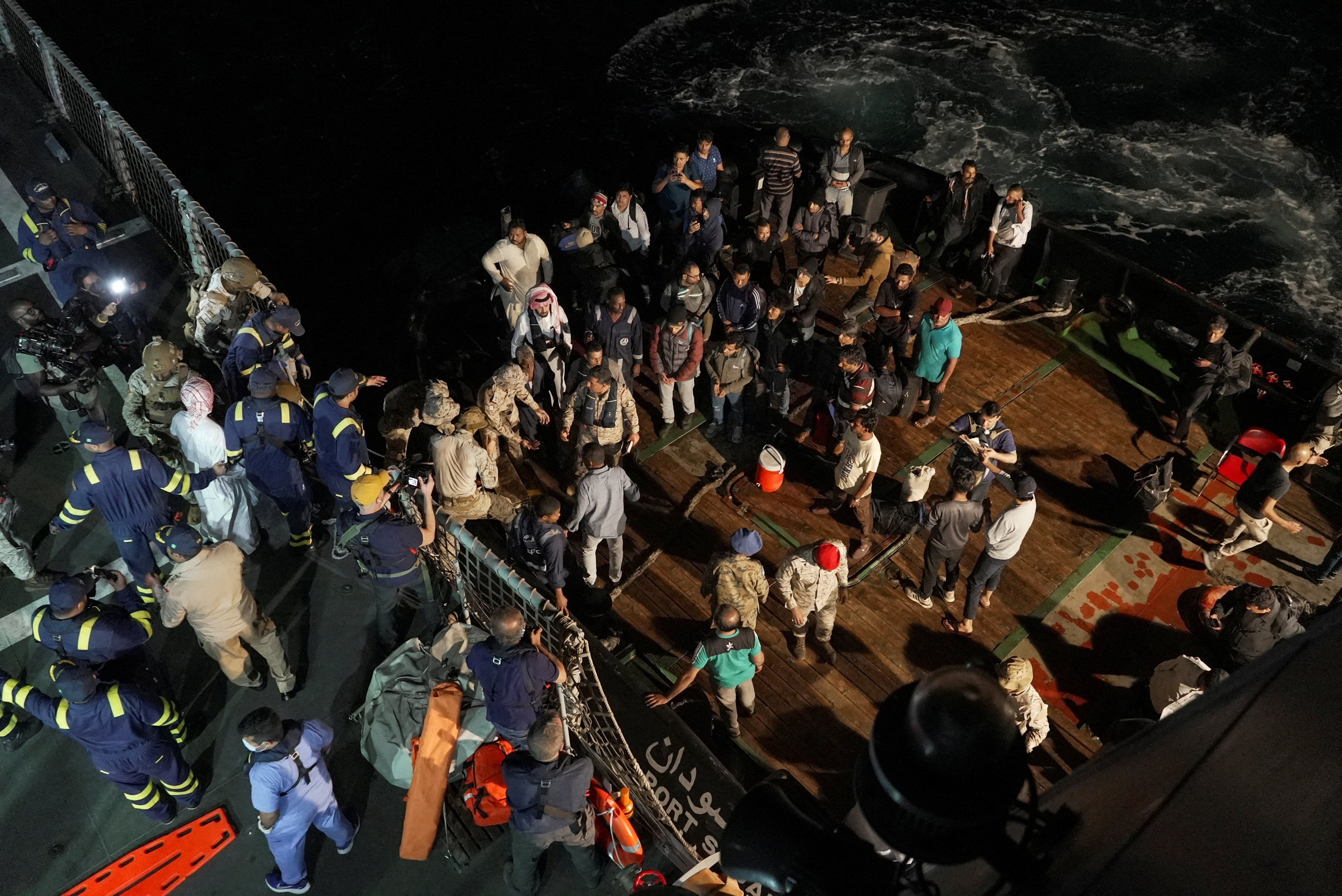Fierce fighting between the army and the paramilitary Rapid Support Forces resumed on Sunday in Sudan, with the two warring parties accusing each other of violating a fragile ceasefire. The truce was again extended for another 72 hours, but don't keep your hopes up.
As the security situation worsens, foreign countries keep scrambling to get their citizens out. The US, which last week was reluctant to carry out a mass evacuation of Americans, over the weekend changed its mind and dispatched a convoy to Saudi Arabia via Port Sudan. Other foreign nationals were less lucky: A Turkish aircraft came under fire, highlighting how dangerous airlifts have become.
Meanwhile, the humanitarian crisis has gone from bad to worse. Some two-thirds of hospitals in battleground areas of Khartoum are out of service, with medical supplies, health workers, water, and electricity all in short supply. More than 500 civilians have been killed in three weeks of clashes and over 20,000 Sudanese have fled to neighboring Chad.
Former PM Abdalla Hamdok warned that the ongoing conflict could become worse than Libya or Syria. Based on the available firepower and the sheer number of outside players that might get involved, it's certainly no exaggeration.